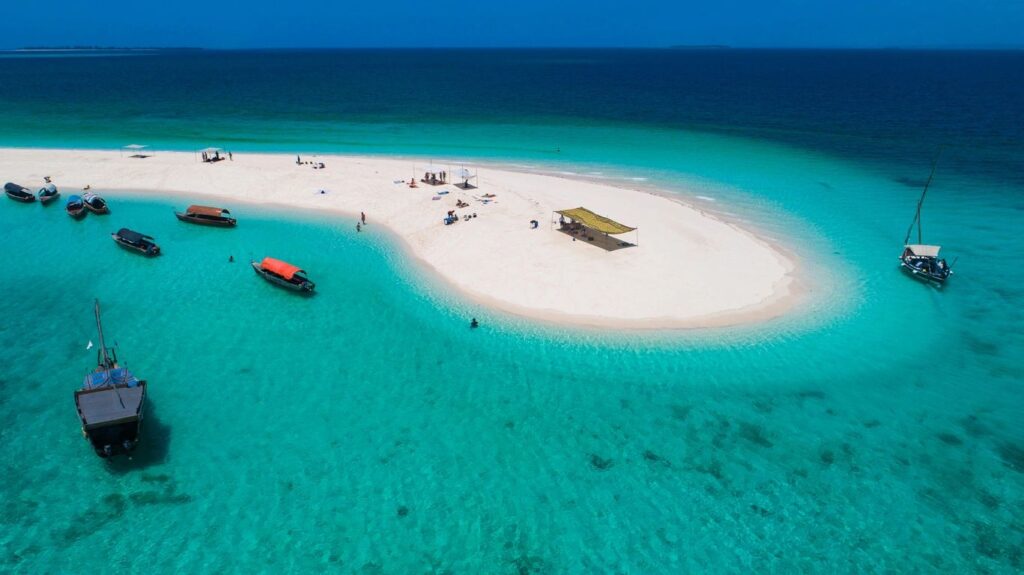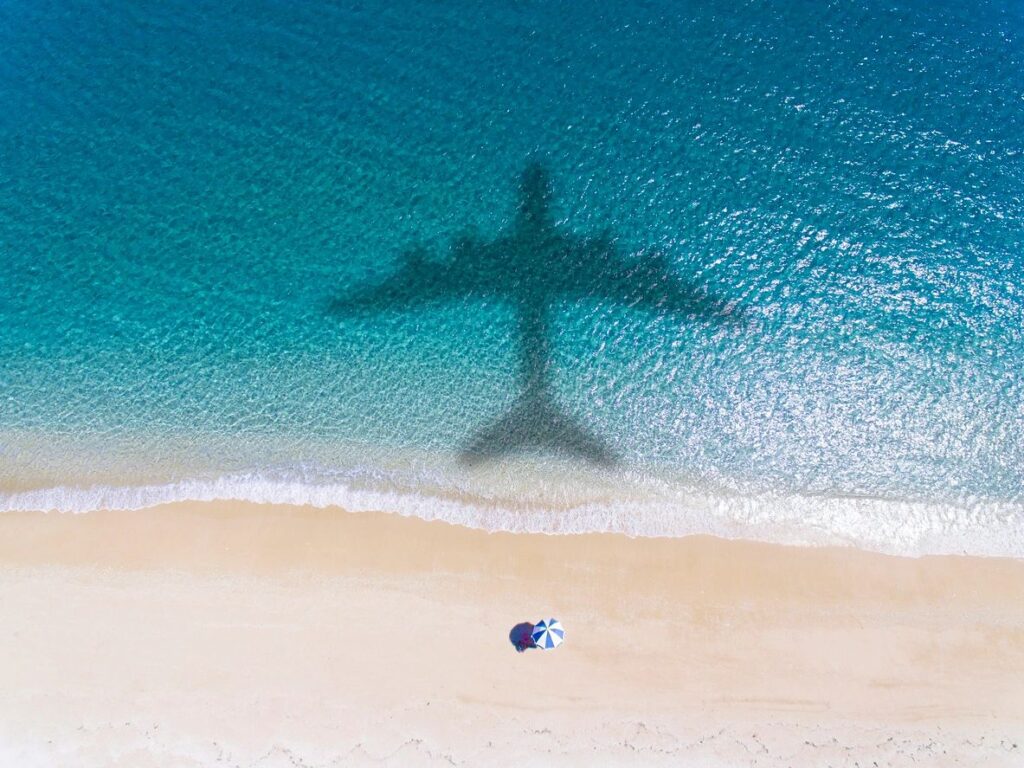
Vietnam, Vienna, Vanuatu – they’re all very beautiful places, but do we have to burn fossil fuels to visit them?
In a lovely article in The Times, Chris Haslam reviews twenty of his favourite websites for travel escapism at a time of Coronavirus, and I’m curious how far these stimulate or satiate my desire to board a plane. Here are my three favourite sites from Haslam’s list – along with another that I’m fond of – that hit the travel spot.
Vimeo:
Once you’re past the clunky login, the Vimeo Travel Channel gives a stunning view of the world. With high-definition video and beautifully engineered sound, Vimeo showcases the work of travel filmmakers in a truly gorgeous way.
Does it make you feel you’ve been to the places? No. But you definitely feel inspired and uplifted as a result of having spent time on the site. The world is so beautiful, but, this site makes me want to visit it.
Quality score: 5 stars. This is a gorgeous site.
Stimulus/satiation score: Minus 5 stars. It’s inspiring me to get on a plane.
National History Museum Wildlife Photographer of the Year:
Again, you have to work for your “travel fix” with the National History Museum’s Wildlife Photographer of the Year Awards, but once you’ve found your way (ignore the “adult” in this URL – these are the non-child awards), the results are breathtaking.
Do you feel you’ve travelled having seen them? Again, no. But they remind you how beautiful nature is, and it would be hard to see places as pristine as this as a normal tourist, which, let’s face it, is what we all are.
Quality score: 5 stars.
Stimulus/satiation score: Minus 5 stars. Again, this makes me want to travel.
SideTracked:
Sidetracked is a lovely site, showcasing quirky, offbeat, and beautifully told stories about trips like mountain biking on the Isle of Harris, traveling in a VW camper van through Scandinavia, and shooting underwater rapids in a kayak in Laos.
It’s a beautiful site with well-crafted, engaging stories. Do I want to do these trips? Actually, no, not for the ones I’ve read about. But it’s a great way to while away time learning more about our planet.
Quality score: 5 stars. I love these stories.
Stimulus/satiation score: 0 stars. I’m neither inspired nor satiated.
YouTube 360o on an Oculus Quest headset:
This is the virtual reality version of YouTube on Facebook’s Oculus Quest headset. And yes, this is a web/hardware combination rather than a pure website. Yes, it doesn’t have the gorgeousness and beauty of the Vimeo, National History Museum and Sidetracked sites. And yes, you have to wear a headset, the videos are quite grainy, and video quality is similar to those of 1980s colour TV sets…
However…
The videos are amazing. With them, I “visited” Vietnam, Vienna and Australia. I flew over Sydney harbour bridge, landed at Hamilton Island, walked around Uluru, and swam on the Great Barrier Reef. Even more, I took a trip to the troposphere on a weather balloon and visited other planets (not again, thank you, to either of these.)
I’ve never actually been to any of these places, but now I feel that I have. Bizarrely, psychologically, I’ve “ticked them off”, and I now have no desire to visit them again.
I could say that this is a technology to watch, but, for all its imperfections, it’s a technology that’s here, now. What’s more, it’s only going to get better as video and headset resolution improve, and as people learn to take videos that don’t induce nausea. (Tip to camerapeople: keep the camera strictly upright, and don’t do swooping, rollercoaster shots!)
Quality score: 3 stars.
Stimulus/satiation score: 5 stars. I’m totally satiated!
My conclusion? Vimeo, the National History Museum and SideTracked are lovely sites, but they either stimulate or do nothing to my desire to travel. YouTube 360o completely satiates my desire to travel to these beautiful places. Whether that’s good or bad depends on your viewpoint, but no CO2 will be generated on my behalf to visit them!
Disclosure: I have no relationship with any of these companies other than having accounts on their sites and using an Oculus Quest headset.

